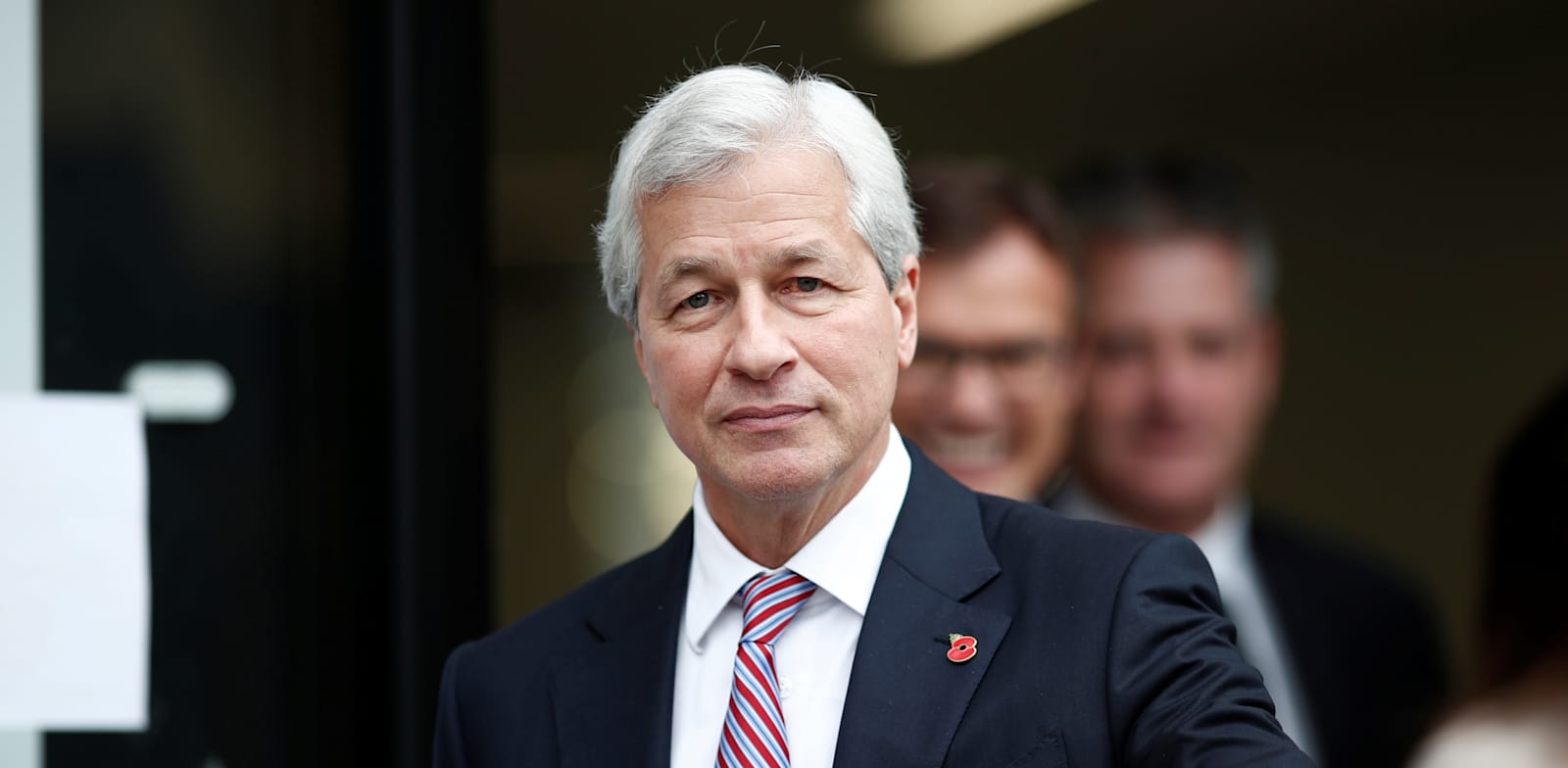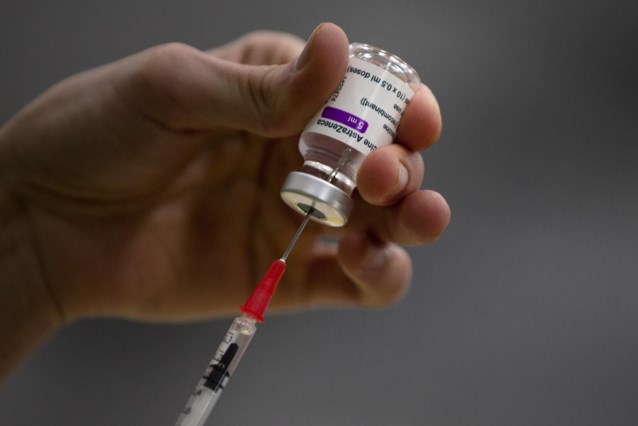On May 29th, during a discussion held at the National Assembly, Mr. Pham Van Hoa, a delegate from Dong Thap province, emphasized the need to abolish the monopoly on gold bars in order to stabilize the gold market. This would allow the State to import gold bars and address discrepancies between domestic and international prices, which have led to smuggling and potential negative impacts on the economy.
Mr. Hoa pointed out that bidding for gold bars as a temporary solution has not resulted in a decrease in prices but rather an increase. He recommended removing the monopoly on gold bars and allowing the State to control imports as a long-term solution to achieve stability in the gold market.
Experts also supported this idea as it would align domestic prices with international levels. Mr. Hoa suggested amending Decree 24 to regulate gold business activities and allow businesses to import raw gold under the supervision of the State Bank.
In addition, Mr. Hoa stressed the importance of making deposit interest rates more attractive to encourage people to deposit money in banks rather than purchasing gold. He noted that rising demand for gold has driven up prices by causing people to withdraw money from banks, leading to further price increases.
During the discussion, other delegates expressed concerns about increasing gold prices and suggested various solutions such as introducing gold certificates and adjusting auction mechanisms. The State Bank’s recent attempts at stabilizing the gold market through auctions and direct sales by state-owned banks were discussed, but their effectiveness was questioned.
Furthermore, Mr. Nguyen Truc Son, Vice Chairman of Ben Tre province proposed mobilizing foreign currency resources from public sources for investment instead of relying solely on foreign loans. He highlighted significant annual remittances sent into Vietnam and emphasized the need for domestic and foreign currencies for investment opportunities.
The State Bank’s report emphasized its flexible management of exchange rates aiming at controlling inflation while maintaining macroeconomic stability by designing central exchange rate mechanism which fluctuates within specific limits based on market conditions and external shocks.
Last year saw a depreciation of about 2.9% of Vietnamese Dong against US Dollar which was considered stable compared with other currencies.



